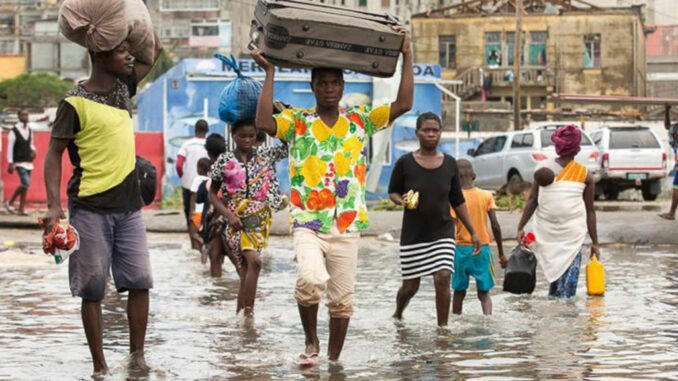
The rise in the flow of the Incomati river due to the opening of floodgates in the main dams in neighboring Mozambique caused the destruction of about 800 hectares of various crops in the district of Manhiça, an advanced official source.
Among the destroyed crops, according to the administrator of Manhiça district, are corn, cassava, beans and potatoes, losses that will directly affect at least 95 farming families in that district of Maputo province.
“We have been guiding the people to harvest those crops that may still be in condition and we have also been guiding people to leave the areas considered to be at risk,” said the administrator of Manhiça district, Maria Fernanda, quoted today by Radio Mozambique.
Last week, the National Directorate of Water Resources Management (DNGRH) warned about the rise in the flow of the Incomati, Maputo and Umbeluzi rivers (in the south) due to discharges in South Africa and Essuatíni, which are at “100% of the storage level in large dams.
Mozambique’s National Institute for Disaster Risk Reduction and Management (INGD) has positioned 10 boats in Maputo province to cope with a possible rise in the flow of the three rivers.
Mozambique is considered one of the countries most severely affected by climate change in the world, facing cyclical flooding and tropical cyclones during the rainy season, which runs from October to April.
In November this year, INGD announced that it needed 7.4 billion meticais (112 million euros) for the 2022/2023 rainy season, a period when at least 2.2 million people are expected to be affected.
The 2018/2019 rainy season was one of the most severe in memory in Mozambique: 714 people died, including 648 victims of Idai and Kenneth, two of the largest cyclones ever to hit the country.
